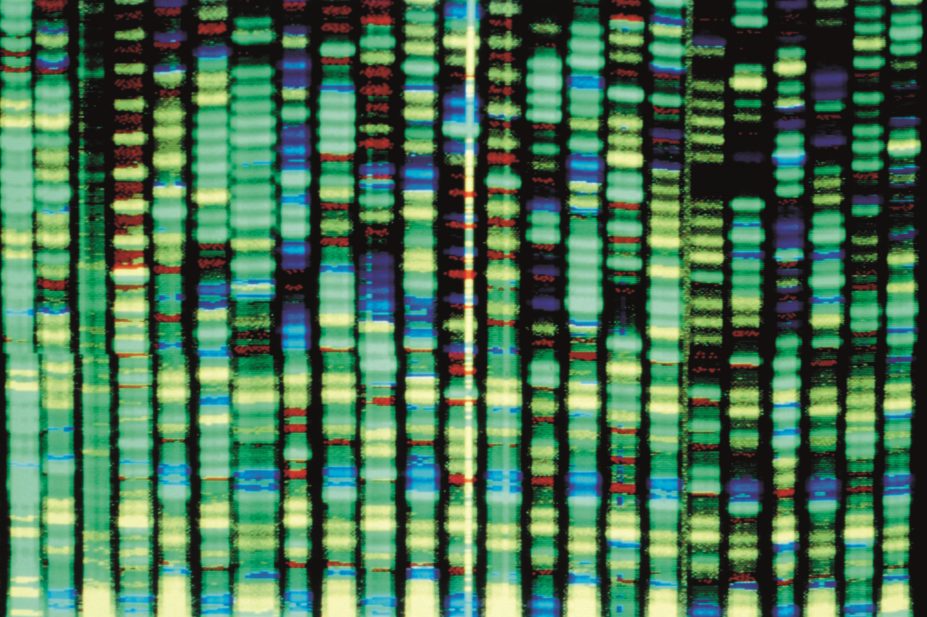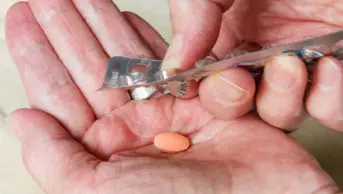
Philippe Plailly / Science Photo Library
Four genes have been identified as determining a person’s responsiveness to statins.
A large meta-analysis, reported in Nature Communications
[1]
, found that four genes, two new ones and two which had previously been identified, are responsible for about 5% of the variation in an individual’s response to statin treatment.
Statin therapy is used to lower blood lipid levels with the aim of reducing the risk of cardiovascular events. On average, statins decrease low density lipoprotein (LDL) cholesterol by about 30% and the risk of cardiovascular events by a similar percentage, but the response varies between individuals.
A consortium called Genomic Investigation of Statin Therapy (GIST) was established to identify parts of the genome associated with patients’ response to statins.
Data from genome wide association studies (GWAS), which included 18,596 patients, were analysed to identify hundreds of single nucleotide polymorphisms (SNPs) — used as a marker of genetic variation in a person’s DNA sequence — that were associated with statin response.
Further investigation using additional GWAS studies, including 22,318 patients, found that genetic differences in two areas of the genome, called SORT1/CELSR2/PSRC1 and SLCO1B1, were associated with a significantly modified response to statin treatment. It was also confirmed that variation in areas called APOE and LPA also influence how effective statins are at lowering LDL cholesterol. If patients carry a certain version of these genes, their response to statin treatment can be increased or reduced.
Mark Caulfield, co-director of the William Harvey Research Institute at Barts and the London School of Medicine and Dentistry, explained why certain versions of these genes may affect a patient’s response to statins. One of the genes that has been newly identified, SLCO1B1, is a statin transporter protein in the liver. “If you have a particular version of the SLCO1B1 gene your body won’t take up the statins into the liver. The liver is the primary site of LDL metabolism, so if the statins can’t get to this site, their effect is reduced,” he said.
Similarly, in the SORT1/CELSR2/PSRC1 gene region is thought to be the SORT1 gene that exerts an effect on statin response because it encodes a protein called sortilin, which is involved in the intracellular transport of statins. “One version increases the response to statins, while the other decreases the response,” said Caulfield.
In the future, Caulfield thinks that identification of additional genes could allow clinicians to measure a patient against a panel of genetic traits and adjust statin treatment accordingly.


